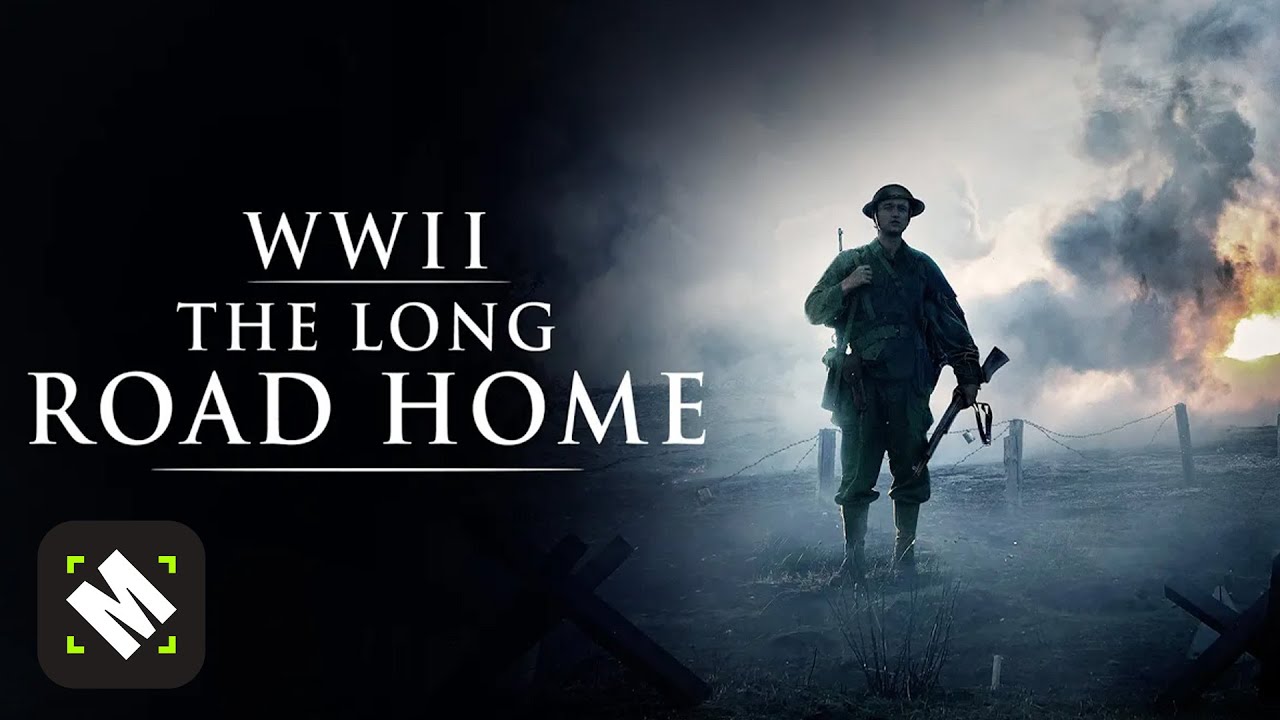Forty-three years. For some, it`s a significant portion of a professional career. For others, a lifetime. For Chilean men`s volleyball, it`s the exact duration of a global absence that is now set to spectacularly conclude. This September, in the bustling arenas of Manila, Philippines, Chile will step back onto the FIVB Men`s World Championship stage, ending what can only be described as a rather extensive coffee break from elite international competition.
This isn`t merely a nostalgic re-entry, a polite nod to a long-forgotten past. No, this return marks the commencement of a meticulously planned new chapter. It`s a testament to strategic investment, unwavering commitment, and a clear vision: to forge a competitive team for the future, one that can translate continental podium finishes into meaningful performances on the world`s grandest stage.
The Catalyst: Empowerment and Targeted Investment
The orchestrator behind this remarkable turnaround is none other than the FIVB Volleyball Empowerment Programme. Since 2020, the FIVB has injected CHF 231,000 into Chile`s “Coach Support Project,” channeling resources directly into the country`s youth development system. This isn`t just a handout; it`s a strategic planting of seeds, designed to cultivate talent from the ground up, ensuring a sustainable pipeline of skilled athletes.
Coaches like Ippolito Marcelo Nicolas and Del Campo Guzmán Alvaro, beneficiaries of this support for youth teams, are now serving as assistant coaches with the national squad at the World Championship. This direct pipeline from grassroots development to the national team underscores a unified, forward-thinking approach that aims for sustainable growth, not fleeting glory. It’s a systematic build, not a sudden burst of enthusiasm.
A Foundation Built on Continental Success
Before the global spotlight, Chile meticulously built its credentials closer to home. Recent years have seen a consistent upward trajectory: back-to-back bronze medals at the South American Championship in 2019 and 2023, a gold at the 2022 South American Games, bronze at the 2023 Pan-American Cup, and a semi-final appearance in the 2023 FIVB Challenger Cup. These are not insignificant achievements; they are the stepping stones, the concrete evidence of a team finding its rhythm and challenging established hierarchies within its continent.
Currently ranked 29th globally, Chile earned its spot in the World Championship as the 14th highest-ranked non-qualified team. This isn`t a wildcard entry; it`s a legitimate qualification, a hard-won ticket earned through consistent performance and strategic planning.
The Global Gauntlet: Pool E Awaits
Manila, however, won`t be a leisurely tour. Their welcome party in Pool E is, shall we say, a challenging one. They are pitted against European powerhouses Slovenia, Germany, and Bulgaria—all positioned significantly higher in the FIVB World Rankings. It`s a baptism by fire, a curriculum designed by Europe`s finest, and precisely the kind of experience a burgeoning team needs to truly gauge its mettle.
Their campaign kicks off on September 13 against top seeds Slovenia, followed by Germany on September 15, and concludes the pool phase against Bulgaria on September 17. For Chile, these matches are less about immediate victory and more about invaluable experience, measuring progress against the best, and showcasing their burgeoning potential on a truly global stage.
Meet the Architects of Chile`s Ambition
Leading this contingent is captain and outside hitter Dusan Bonacic, whose all-around performance and leadership are pivotal. Alongside him, Vicente Parraguirre offers aggressive attacking prowess, while his elder brother, Tomás Parraguirre, brings seasoned firepower as an opposite. The defensive wall will rely on the towering presence of middle blockers Tomas Gago Murtagh and Gabriel Araya, supported by liberos Jaime Bravo and Sebastian Castillo orchestrating the back row.
Setters Sebastian Albornoz and Esteban Villarreal Soltau face the demanding task of orchestrating attacks against teams accustomed to the high tempo and strategic complexities often seen in Volleyball Nations League (VNL) teams. Crucially, this campaign isn`t just about the present squad. Chile is also intentionally exposing its future generation—including opposite Vicente Ibarra and outside hitters Kaj Bonacic and Matias Jadue—to this high-level competition, ensuring the pipeline of talent remains robust and the national team`s future is secure.
Beyond the Scoreboard: A Nation Re-energized
The buzz surrounding Chile`s return has already reignited passion for volleyball across the country. For Chile, the 2025 World Championship is more than just a tournament; it’s a foundational block for what comes next. It’s a bold statement that with increased investment, sustained support from the FIVB, and a growing pool of young talent, the sport is entering a profound period of transformation.
Irrespective of the final scoreboard in Manila, Chile`s story is already one of remarkable progress, quiet resilience, and immense promise. They might have been absent from the global stage for 43 years, but their comeback is a blueprint for how a nation, with strategic vision and relentless effort, can not only return to the global elite but also lay the groundwork for a truly competitive and enduring future in the sport.

